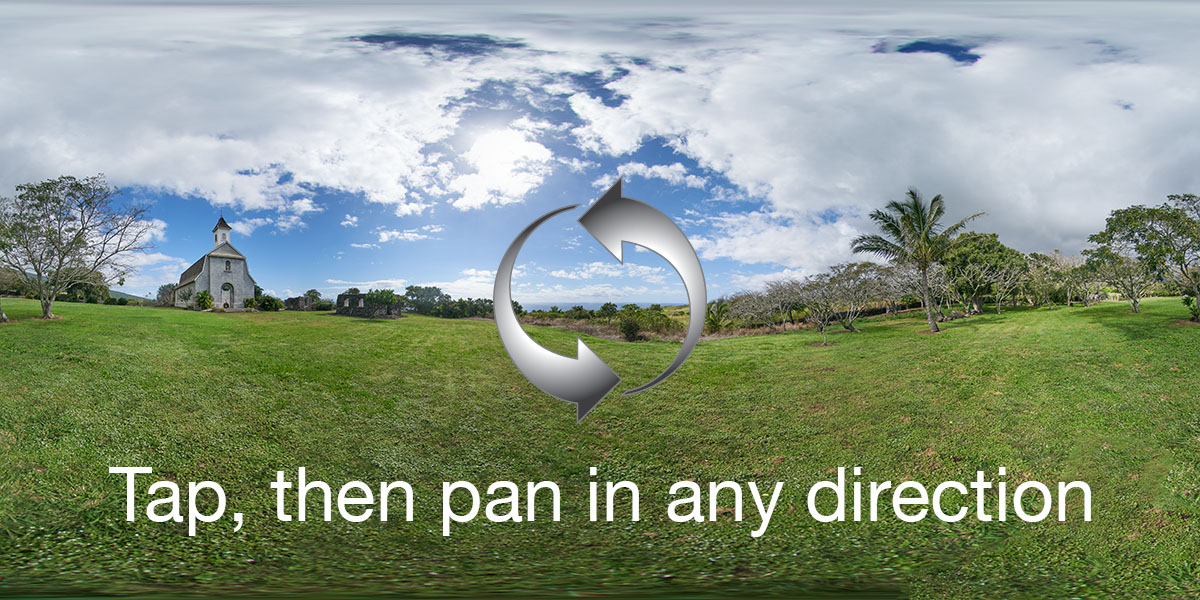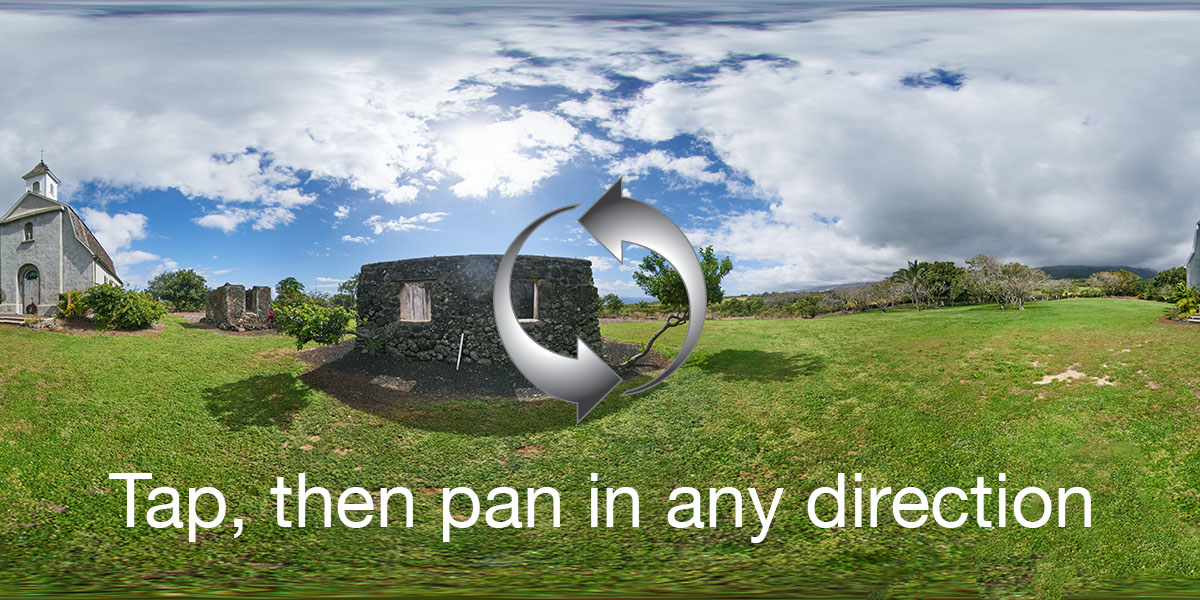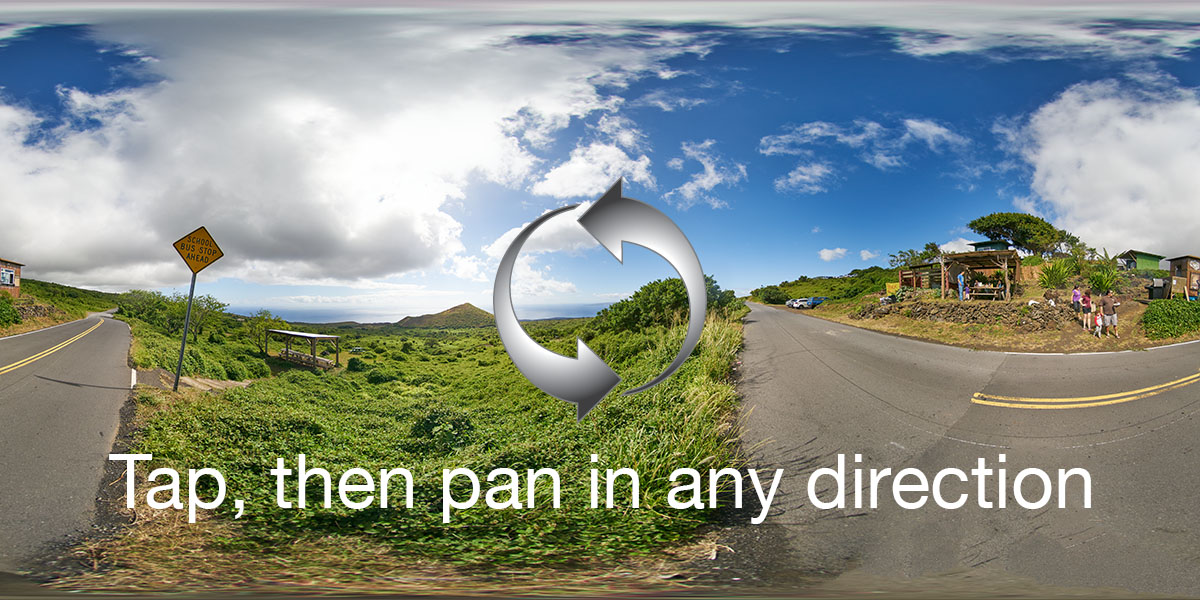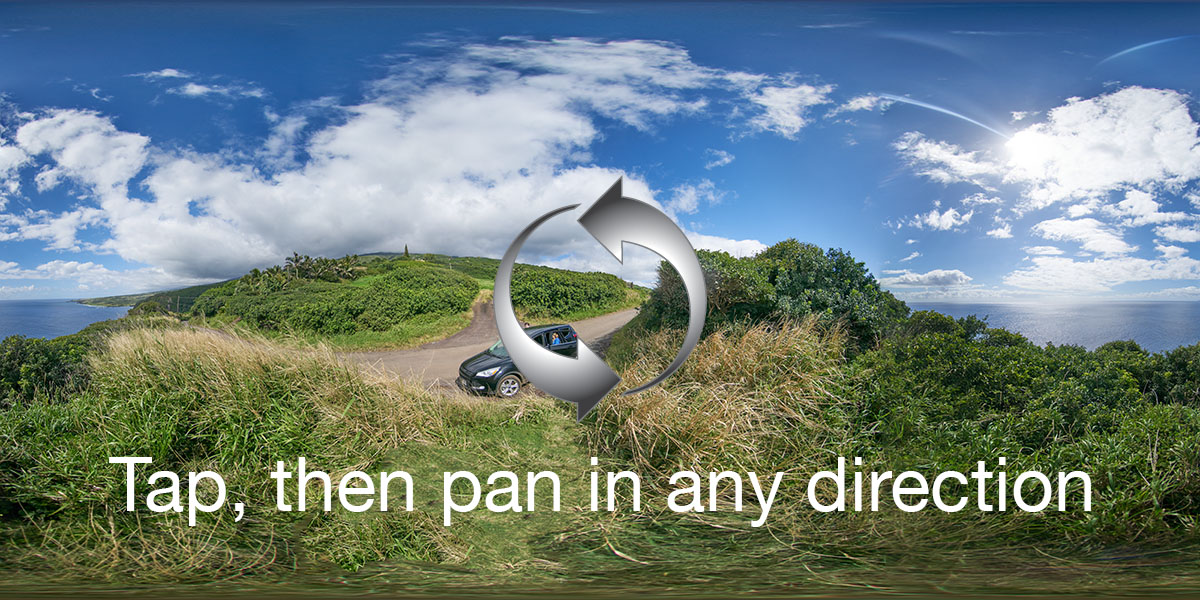Latitude: 20°40’44.16″
Longitude: -156°3’22.37″
Berlin






Traveler
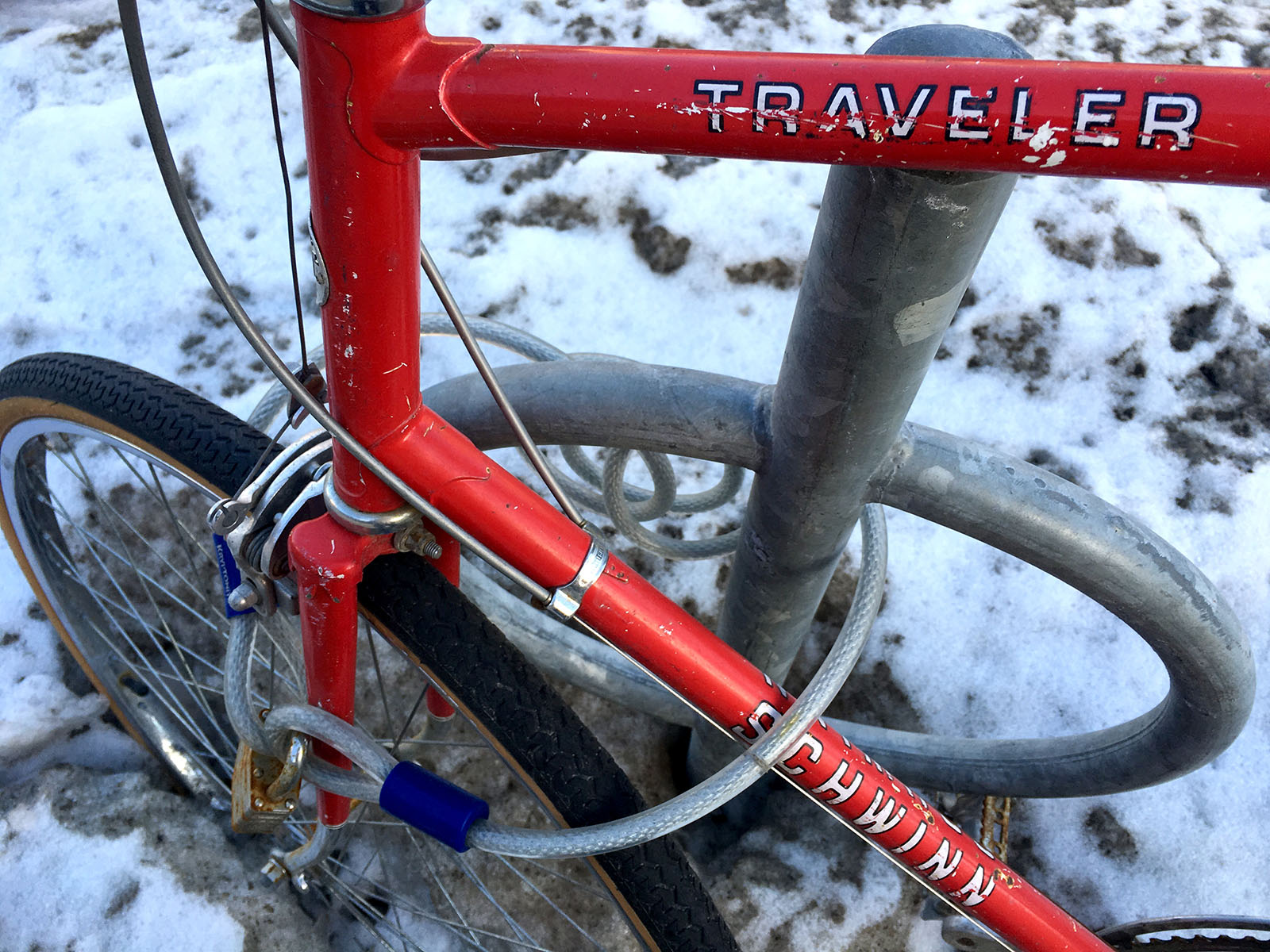

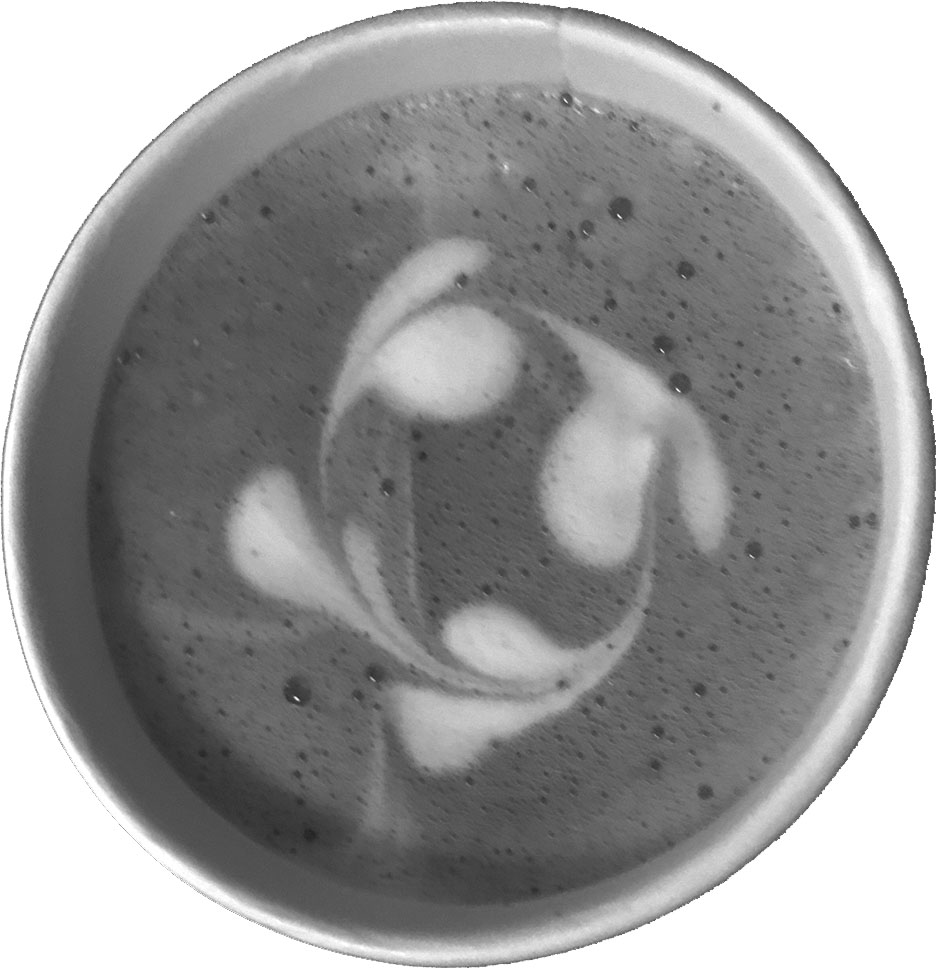
Revelation and a Black Mustang
Surely old fashioned, yet biweekly, I check the tire pressure on our cars. This being winter, the tires in question are blizzaks.
My club – those who check their tires – is not large [1]. Yet, it is the interloper that is most satisfying.
Recently, it was a fuel truck driver, shivering while disgorging petrol into the nearby underground tanks. He inquired after the reliability and utility of our late model Subaru. I shared positive words, but for the two recalls and a recent hood latch annoyance.
Diving further into autodom, we agreed on the pleasures of German cars as he described two: a VW and BMW. News of his Munich V-8 maintenance costs “we were driving into Chicago….”, included a rather lengthy sigh.

Today’s encounter was deeper and unusually spiritual. Glancing skyward from my pressure gauge, a jet black Ford Mustang gleamed in the afternoon sun. Its owner vigorously wiping fresh soap residue away.
There was more. Fonts and text. Words on the trunk and bumper. A vanity license plate. A sticker facing followers.
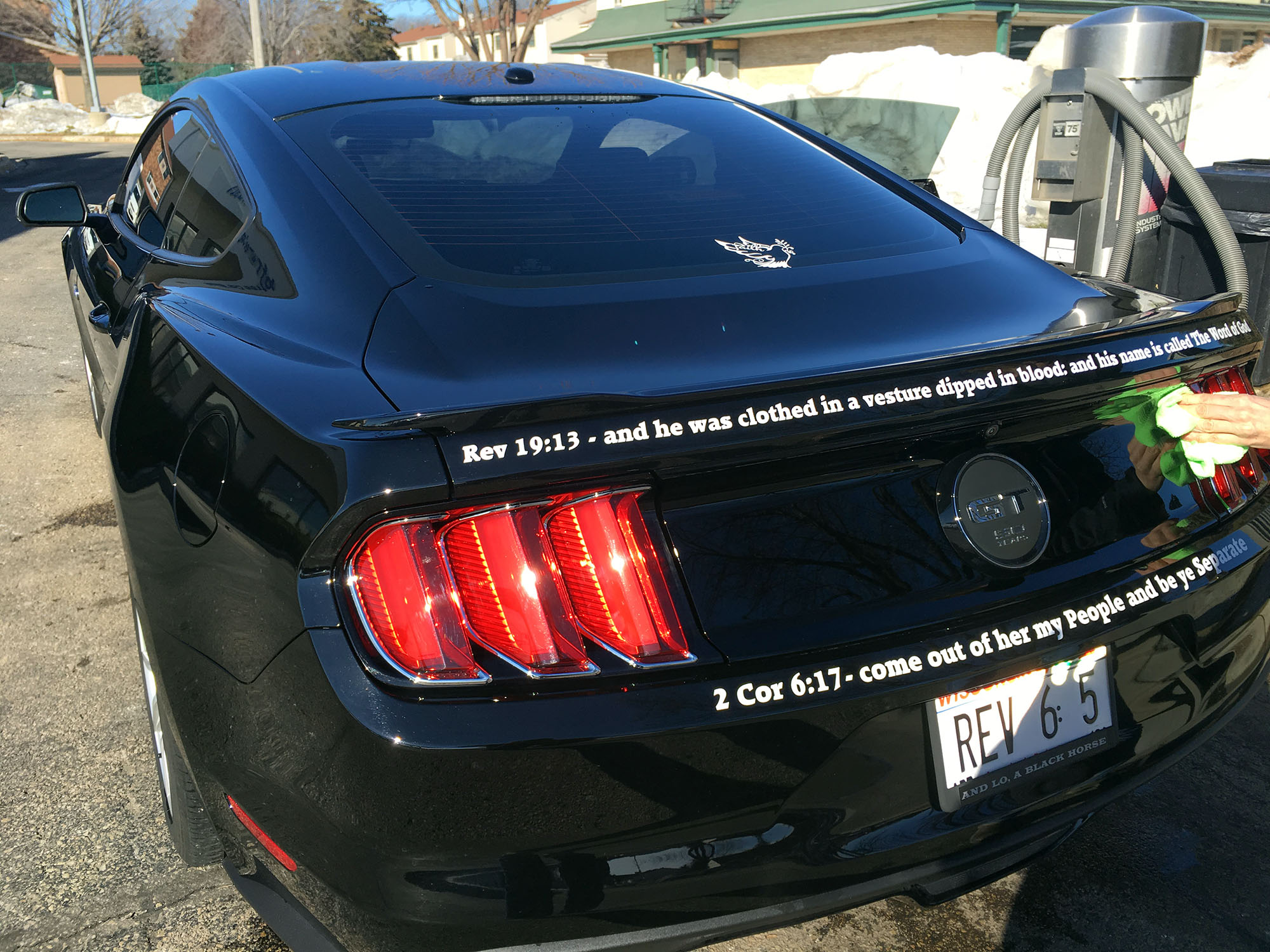
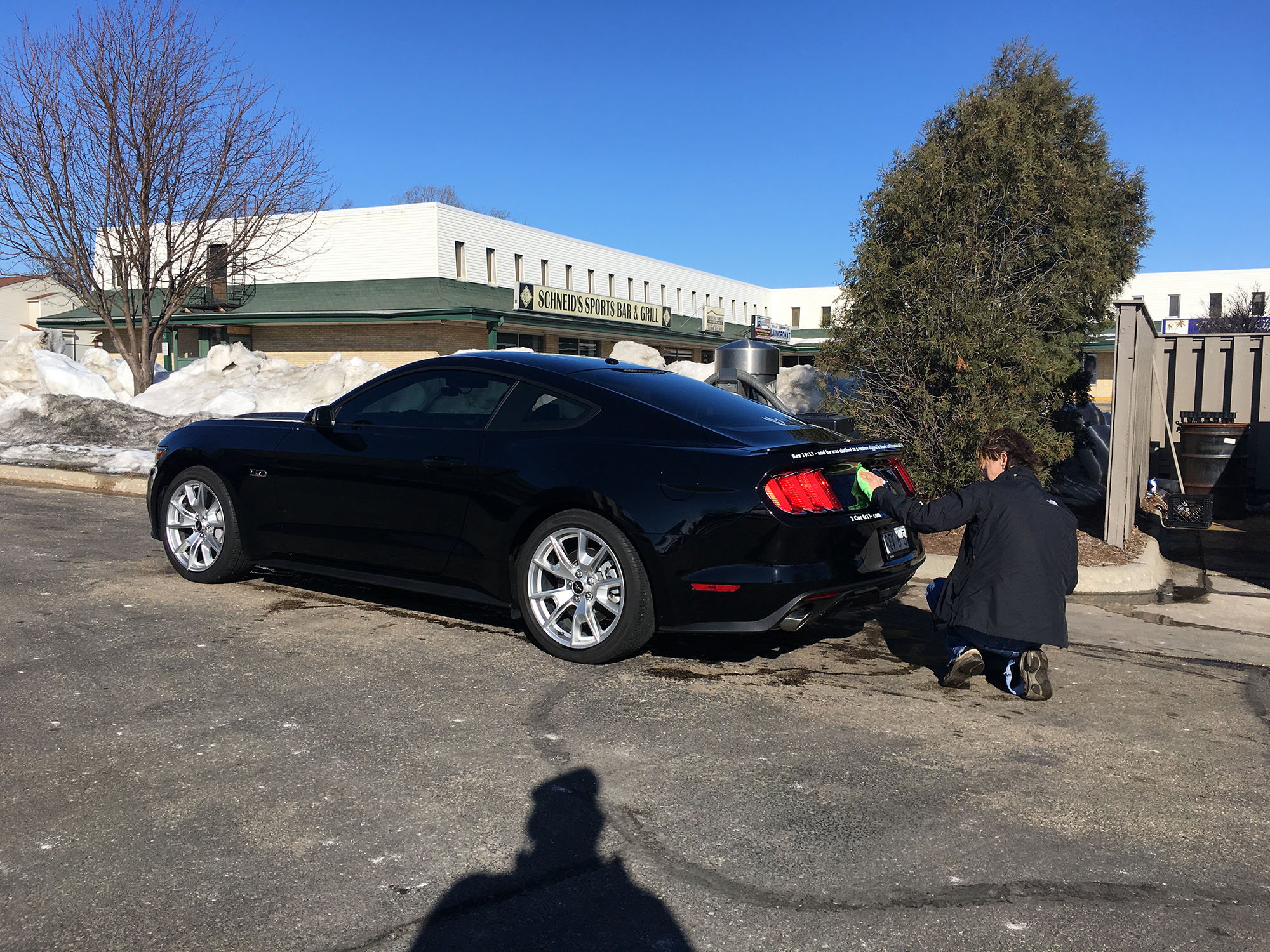
I inquired about the car and verses. Why a Mustang?
“It represents Revelation’s black horse, spiritual famine”.
Fascinating.
The two verses featured on her black Mustang are:
Revelation 19:13 [New International King James Martin Luther Commentary]
2 Corinthians 6:17 [New International King James Martin Luther Commentary]
Vanity Plate: Revelation 6:5 [New International King James]
Those interested in a daily verse (5 languages and notifications) might try the new My Verse app.
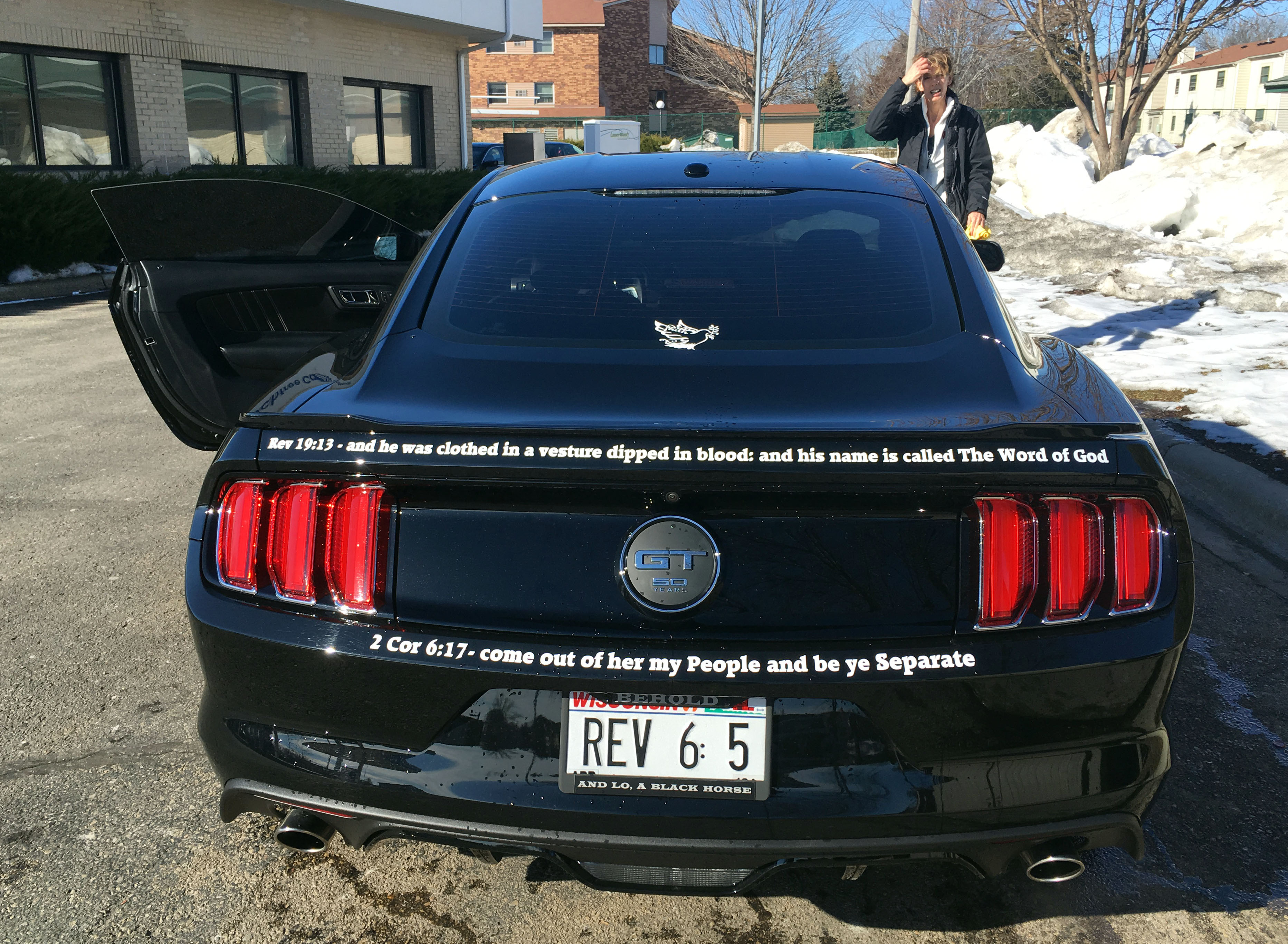
[1] Tire Pressure Special Study.
[2] 2015 Ford Mustang CAR Magazine and duck duck go
Easy feels true: on surveys
Surveys are the most dangerous research tool?—?misunderstood and misused. They frequently straddle the qualitative and quantitative, and at their worst represent the worst of both.
In tort law the attractive nuisance doctrine refers to a hazardous object likely to attract those who are unable to appreciate the risk posed by the object. In the world of design research, surveys can be just such a nuisance.
Easy Feels True
It is too easy to run a survey. That is why surveys are so dangerous. They are so easy to create and so easy to distribute, and the results are so easy to tally. And our poor human brains are such that information that is easier for us to process and comprehend feels more true. This is our cognitive bias. This ease makes survey results feel true and valid, no matter how false and misleading. And that ease is hard to argue with.
“Current Intelligence Politics in Germany and the Future of the Transatlantic Digital Dialogue”
Thorsten Wetzling in Madison [mp3]:
“After two years of “Überwachungsdebatte” (surveillance debate) in Germany and halfway through the NSA-inquiry committee within the German Bundestag, the German government has now begun to discuss ideas on how to reform the current intelligence laws and oversight regime. This discussion sets the scene for understanding post-Snowden, post-Paris intelligence politics in Germany. Next, it introduces the main findings of a recent study on the oversight regime for German SIGINT activities, including its main policy recommendations. Finally, the discussion assesses the future of U.S.-German security cooperation against the backdrop of the Safe Harbor decision of the European Court of Justice.”
I’m glad Wetzling’s schedule included a Madison stop. His talk was an interesting reflection of the post Snowden fallout – from Berlin.
I apologize for the not so great recording quality. The result – from my iPhone – was better than expected.
Links:
Finally, thanks to Elizabeth Covington for organizing these events.
Facebook and Twitter: Users Process Mobile Content Faster
Seventy-three percent of people in the U.S. say their phone is always with them. And nearly half say that they check their phone more than 30 times a day, with that percentage increasing to 62% for millennials, according to research conducted by Facebook.
But people don’t just consume a lot of content on mobile devices throughout the day — they also process it faster. Twitter eye-tracking research has found that across all demographics, people consume content faster on mobile devices than on desktop computers. Facebook testing confirmed this finding: On average, people consume mobile content on Facebook faster than on a desktop (1.7 seconds vs. 2.5 seconds).
Instagram, Twitter and Facebook all also found that scrolling speed varies by age, with younger people moving more quickly through their feeds.
Lightning-fast retention
Content viewed quickly can still break through and be memorable. Twitter, Instagram and Facebook found that the recall of messages can occur in very short amounts of time — even in the first second.
A Drive on Maui’s Piilani Highway
realized the incredible impact that great bosses have
“I don’t care if you have to take drugs, you have to build it in six months,” said my boss, Khurshed Birdie, when I told him that he was on drugs if he thought my team could create a software development toolset in less than three years. This was in 1986 at Credit Suisse First Boston, one of New York City’s top investment banks. We were rebuilding the company’s trade processing systems to run on a client–server model of computing. This technology is common now, but then it was as futuristic as “Star Wars.”
Scenes: High Tech Lab







